Christopher Drew, the founder of Drew Capital Group recently published an article for Benzinga to discuss 10 things he believes everyone should do to stay on track financially.
When mapping out a financial plan, it can be difficult to know where to begin. Now, with inflation at its highest in decades, only one-third of Americans expect their financial situation to improve in 2022. Nevertheless, Christopher Drew believes that anyone can act to improve, and he laid out a 10-step ongoing to-do list to guide anyone looking for a place to start. Here’s how to stay on top of your affairs.
- Do a deep dive into your spending and recast your budget.
Eliminate excess spending and wasteful patterns that detract from your savings and retirement.
- Evaluate your debts.
Commit to lowering your debt by paying the most expensive debts first. You can also renegotiate your interest rates or transfer debt to a card with 0% interest.
- Increase your retirement contributions.
Eliminate debt and contribute to retirement accounts that potentially provide growth and help build your nest egg. If your company offers a 401(k) plan, contributing pre-tax income to a 401(k) can help build your retirement tax-deferred and with compound interest.
- Consider opening an HSA.
A health savings account takes pre-tax contributions and allows you to use them on medical expenses not covered by your insurance plan. An HSA requires you to be enrolled in a high-deductible health plan. A High-Deductible Health Plan, which you are required to have to qualify for an HSA, can put a greater financial burden on you than other types of health insurance. There are advantages and disadvantages to HSA’s, and you should always consult your financial advisor regarding your own personal situation.
- Review your estate plan.
A proper estate plan can help your family rather than burdening them with tasks. This can include drawing up wills and living wills, designating power of attorney, and making beneficiary designations.
- Review your insurance plans.
Check your insurance plans like life, home and auto to determine if you need more coverage. Another important consideration is for the possibility that you may need long-term care insurance.
- Plan for life events.
Everyone knows how important an emergency fund is for events like medical expenses and accidents, but it’s also necessary to plan before marriage, having a baby, purchasing a home or car, or changing jobs.
- Consider a home office tax deduction.
Working remotely may have changed your ability to claim part of your home as a business expense. It is always helpful to consult a business or tax professional to see if you qualify.
- Build an emergency fund.
We think your emergency fund should hold six months’ worth of expenses and be separate from your personal savings. Adding periodically can be the best way to watch it grow, contributing when you receive bonuses or tax refunds.
- Evaluate your investments.
Assess your risk tolerance and rebalance your portfolio accordingly. You can work with a financial professional to set new goals and draw a map to reach them.
If you have any questions about financial health and how you can improve your situation, please give us a call! You can reach Drew Capital Management, in Tampa, Florida at (813) 820-0069.
To read the entire article and learn more about Christopher Drew’s financial to-do list, click here.
This material is provided as a courtesy and for educational purposes only. Please consult your investment professional, legal or tax advisor for specific information pertaining to your situation. Advisory services offered through Drew Capital Management, a Member of Advisory Services Network, LLC. Insurance products and services offered through Drew Capital Group. Advisory Services Network, LLC and Drew Capital Group are not affiliated.





